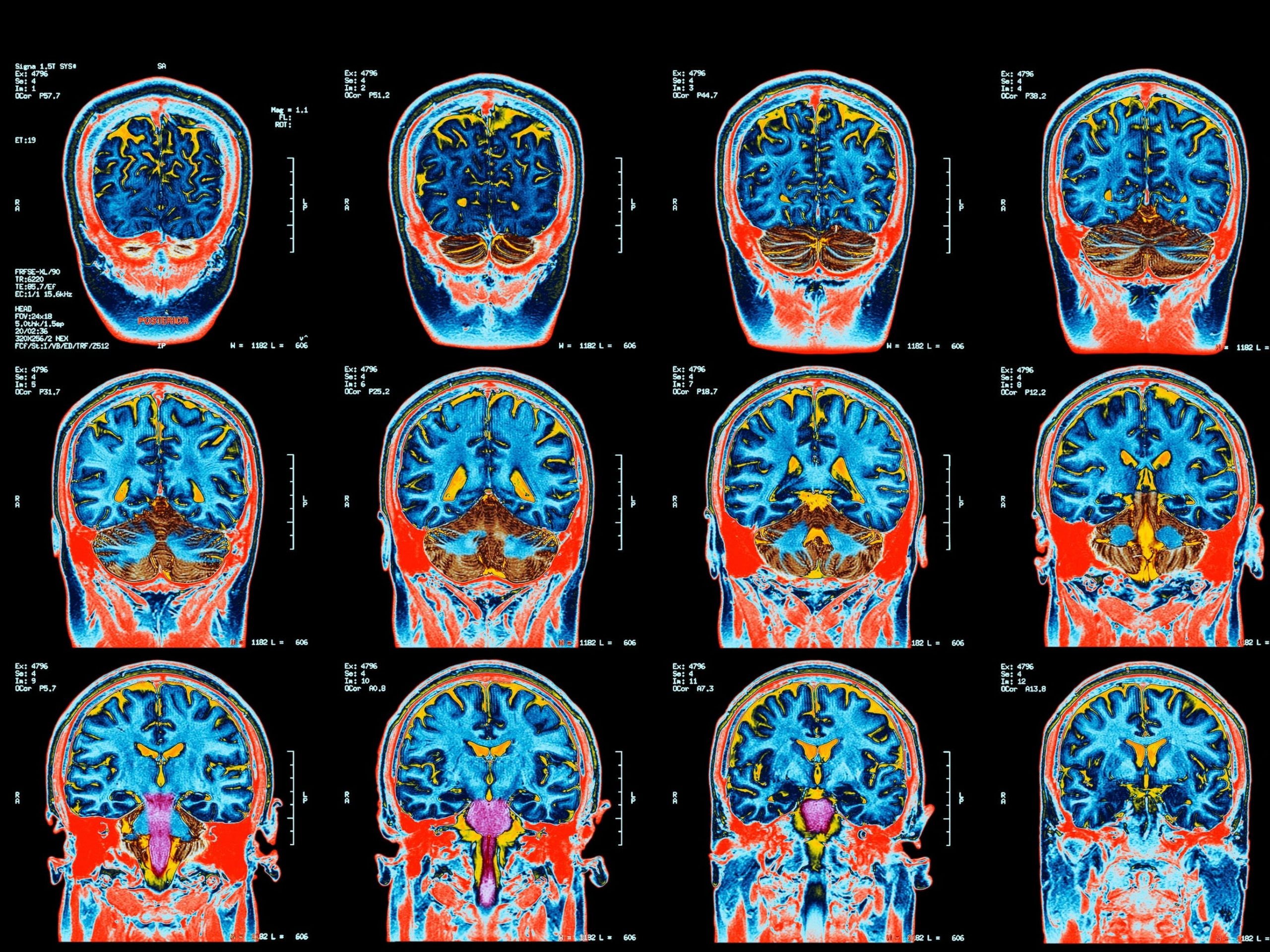
- Researchers believe five people have died from this disease.
- A leaked memo from health officials asked doctors to keep an eye out for brain disease symptoms.
- This unknown brain disease causes hallucinations, memory loss, spasms, muscle wasting, and tooth shattering.
- Visit Insider's homepage for more stories.
At least 43 people in Canada's New Brunswick province have fallen ill to an unknown brain disease that causes spasms, memory loss, and hallucinations, and doctors are stumped.
Public health officials believe five people in the so-called "cluster" have died from this disease since the first case was spotted in 2015.
"We have not seen over the last 20-plus years a cluster of diagnosis-resistant neurological disease like this one," Michael Coulthart, head of Canada's CJD surveillance network, told the Guardian.
The disease came to light this month, when Radio-Canada and CBC got hold of a leaked memo, sent from the province's public health agency to local physicians.
The memo told doctors to keep an eye out for patients that have symptoms of the rare brain disorder Creutzfeldt-Jakob disease – blurred vision, hallucinations, or disorientation – but tests rule out CJD.
Patients first came in with spasms, then developed drooling and tooth-shattering
Dr. Alier Marrero, a neurologist leading New Brunswick's investigation, said patients first came in with pains, spasms, and changes in behavior. However, because these symptoms are linked to a number of health conditions, it wasn't a huge concern.
The symptoms progressed to impaired cognitive abilities, muscle wasting, drooling, and tooth-shattering over the next 18 to 36 months. Some of those patients also had disturbing hallucinations, like insects crawling on their skin.
Marrero conducted a series of tests - brain imaging, spinal taps, and toxicology tests - to ensure the brain disease wasn't a known neurodegenerative disorder.
Researchers are on the hunt for answers
Researchers are collaborating with different national groups and various health experts to find out what it is and how it's caused, including studying the local environment.
Valerie Sim, a researcher of neurodegenerative diseases at the University of Alberta, told the Guardian that it's unusual for a brain disease to have such a broad array of common symptoms. Normally there would be a few key signs.
Overall, Sim said, "there just isn't enough information yet" to make any conclusions.